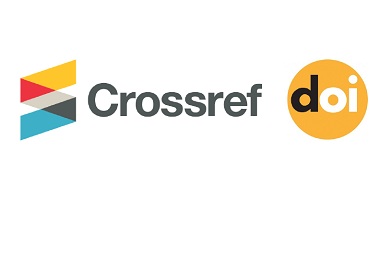SAFETY AND EFFICACY OF BEMPEDOIC ACID AS A MONO AND COMBINED THERAPY IN STATIN HYPERLIPIDEMIC PATIENT: A SYSTEMATIC REVIEW
DOI:
https://doi.org/10.61744/hjp.v3i2.74Keywords:
bempedoic acid, hyperlipidemia, statin intolerance, LDL-CAbstract
Cardiovascular diseases (CVD) are the prominent cause of death both in the United States and worldwide. Hyperlipidemia is the primary risk factor that leads to atherosclerosis and several other vascular diseases. statin therapy has been the most prescribed therapy for hyperlipidemia for almost three decades, but the prescription comes with some adverse side effects. Bempedoic acid is a novel oral drug recently approved by the FDA for hyperlipidemia patients especially it is beneficial for those who are facing statin intolerance. The studies were collected from different databases i.e. PubMed, clinicaltrails.gov, web of Science, and Google Scholar. The selection criteria were based on the Preferred Reporting Items for Systematic Reviews and Meta-Analyses (PRISMA) guideline. The phase 2 trials showed reducing Low-density lipoproteins (LDL) by 27% at a dosage of 120 mg of Bempedoic acid. When Bempedoic acid and ezetimibe are administered alone, LDL-C levels are reduced by 13-23% and 13-20%, respectively. Bempedoic acid+ atorvastatin causes a reduction of LDL to 22%, but with a placebo treatment, there will be no reduction in LDL level. Bempedoic acid 120 mg plus ezetimibe 10mg LDL-C levels decreased by 43% and 48% with Bempedoic acid 180 mg plus ezetimibe 10mg. Bempedoic acid has an interesting biochemical profile and presents an interesting new option for managing the complex dyslipidemia issue. The FDA has approved Bempedoic acid and Bempedoic acid plus antihyperlipidemic agents for the treatment of people with Heterozygous Familial Hypercholesterolemia (HeFH) or established atherosclerotic cardiovascular disease (ASCVD) who need further LDL-C reduction with statin therapy that is maximally tolerable.







